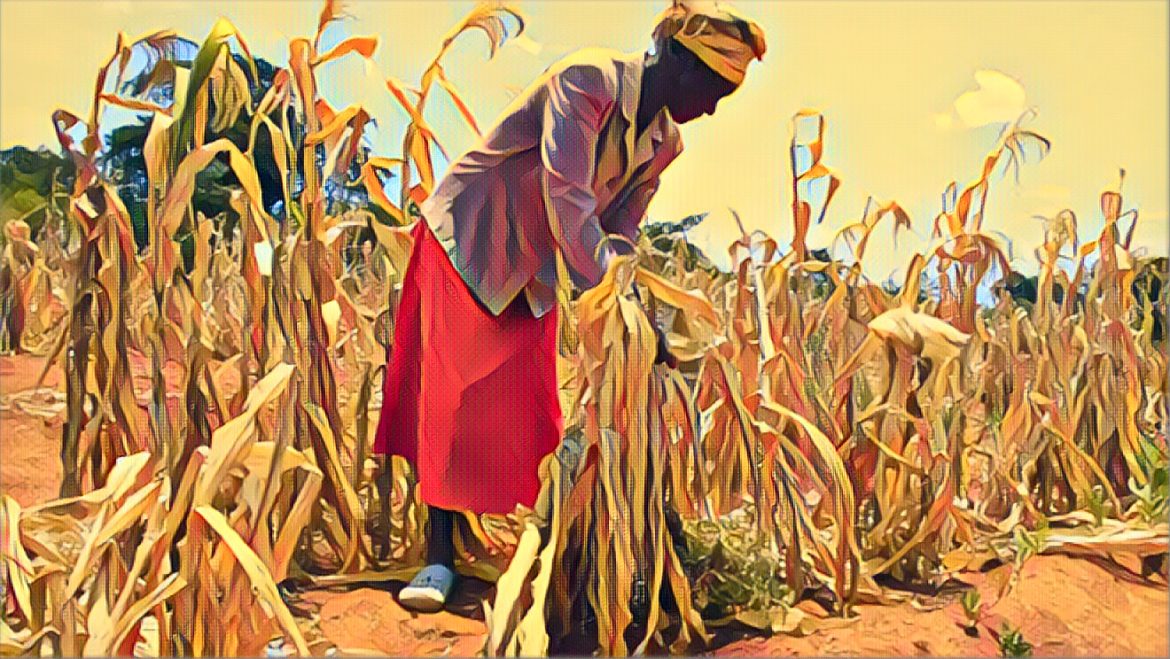Zimbabwe is on the brink of a devastating hunger crisis as a severe drought threatens millions with food insecurity. The southern African nation, already grappling with economic challenges, now faces exacerbated woes due to the relentless dry spell.
According to reports, Zimbabwe’s agricultural sector, upon which the majority of the population relies for sustenance, is reeling under the impact of the drought. Crops have withered, livestock are perishing, and water sources are dwindling, leaving communities in dire straits.
The situation has been exacerbated by climate change, which has intensified the frequency and severity of droughts in the region. With erratic rainfall patterns becoming the new norm, Zimbabweans are confronted with the harsh reality of an uncertain future.
The United Nations has issued a stark warning, indicating that up to 7 million people in Zimbabwe are at risk of food insecurity if urgent action is not taken. The specter of widespread hunger looms large, casting a shadow over the country’s prospects for stability and development.
Efforts to alleviate the crisis are underway, with humanitarian organizations mobilizing resources to provide assistance to vulnerable communities. Food aid distribution and initiatives to enhance resilience to future droughts are being prioritized in the response efforts.
Despite these efforts, the road ahead remains challenging. Structural issues within Zimbabwe’s agricultural sector, coupled with the impacts of climate change, present formidable obstacles to long-term food security.
In the face of adversity, however, Zimbabweans are demonstrating resilience and solidarity. Communities are coming together to support one another, leveraging traditional coping mechanisms and innovative solutions to weather the crisis.
As the international community rallies behind Zimbabwe in its time of need, there is hope that concerted action and collective determination will prevail. By addressing the root causes of vulnerability and investing in sustainable solutions, Zimbabwe can build a more resilient future for its people.
Source: Bloomberg


